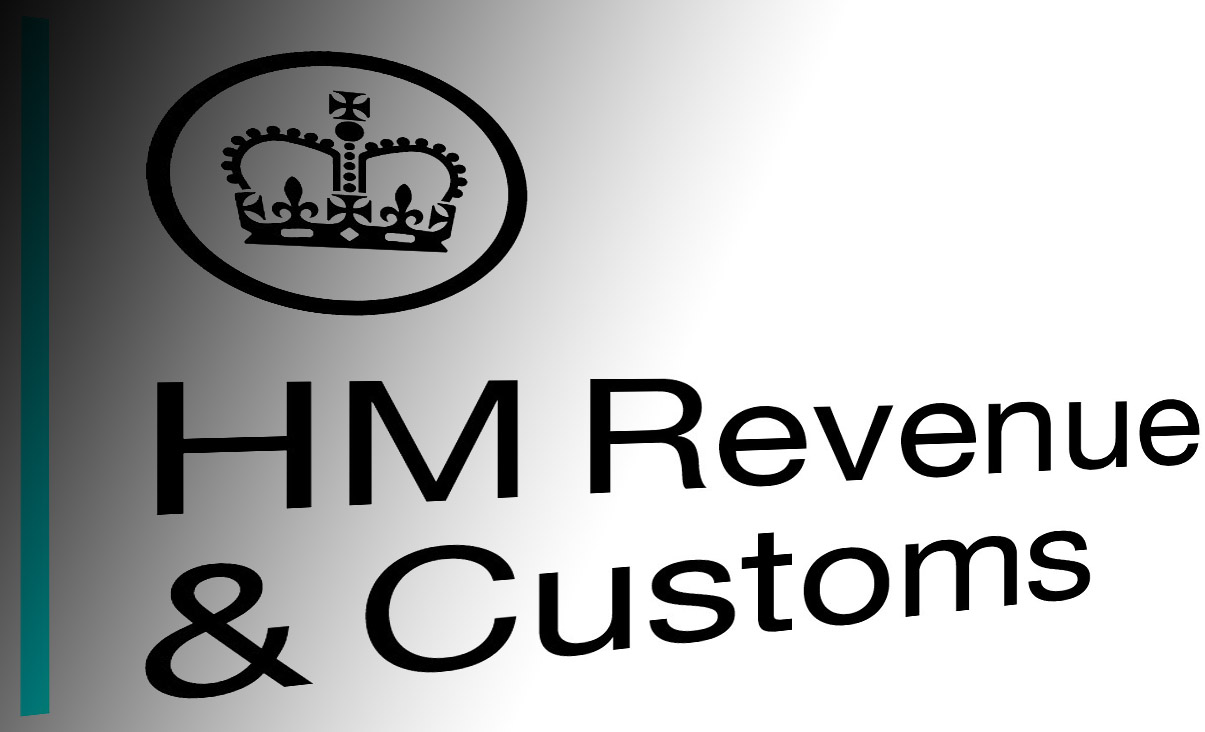Estate Agents failing foul of Money Laundering Regulations
HM Revenue & Customs (HMRC) recently published a list of firms that have received penalty notices for failure to meet their anti-money laundering (AML) obligations, and almost half were in the property sector. In a list of 79 firms that had breached AML regulations between April and December last year, more than 30 were estate agents, commercial property firms, valuers and auction houses, meaning property firms accounted for almost half (44%) of all AML breaches during that time period. Why are HMRC clamping down on estate agents? The property market is one of the most vulnerable sectors in the UK…




